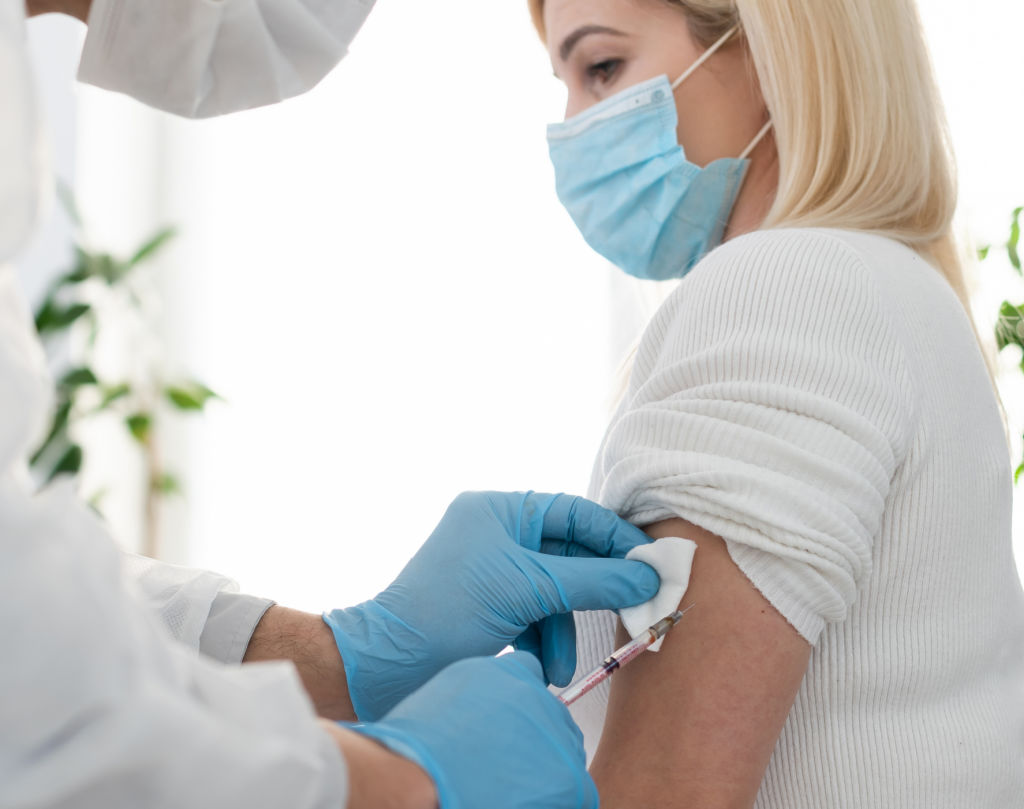The Covid-19 coronavirus was responsible for 3.5 million deaths around the world. While the virus causes a few common colds, it is responsible for 3.5 million deaths worldwide. There are many life lessons to be learned from this once-in-a-lifetime event. Here are a few:
3.5+ million deaths
Coronavirus is a deadly disease that has killed millions of people worldwide. As of April 2019, there have been 3.5 million confirmed cases of the disease and more than 250,000 deaths. According to the latest statistics from the World Health Organization, the virus has killed more than 2.4 million people worldwide. According to the World Health Organization, the virus causes more deaths than any other disease. Earlier estimates showed that it killed 80,000 people a day, which is double the death toll. But as of January 2018, there are still no vaccines available for the virus.

Although the official death toll from COVID-19 is currently at 127, the number of cases has risen significantly. The health sector is already overloaded and suffering is escalating. With only three medical facilities in the area, a 3.5 million death toll is estimated. This is a warning that the virus may kill millions more people, especially in developing nations. The 3.5+ million death toll from the virus is likely only the tip of the iceberg, and it will only rise in the coming months.
30 percent of common colds are caused by a coronavirus
Unlike many other common infections, coronaviruses cause very few serious illnesses. If left untreated, these viruses can cause pneumonia and bronchitis. They are most common among the elderly, infants, and those with weakened immune systems. Although there is no known cure for coronavirus, laboratory tests exist to detect infection. Some tests can also identify previous infections. Here are some common symptoms and possible treatments.
The virus that causes cold symptoms is usually transmitted by direct contact with the infected secretions or by inhalation of airborne viruses. Person-to-person transmission occurs when an infected person touches another person’s nose and coughs. The person then sneezes or coughs. This can cause a healthy person to become infected. The cold virus can live on frequently touched surfaces for several hours.
Protect the most vulnerable
In the wake of the recent COVID-19 pandemic, the world has been reminded of the need to protect the most vulnerable. Past epidemics have shown us that the chances of survival in these situations are directly related to inequities in society. We can use this knowledge to protect refugees, but also protect the wider population. Here are some lessons from the Coronavirus epidemic. All these lessons are important to our own survival.

First, let us look at the impact of COVID-19 on society. It has wreaked havoc across the world, crippling economies and increasing unemployment. It has also heightened the gap between the rich and the poor. The virus will likely affect the most vulnerable to the worst, pushing 40-60 million people into extreme poverty. The best way to fight this virus is to protect the most vulnerable in our society.
Be prepared for the unexpected

It is possible that the coronavirus triggered the global economic downturn, but the lessons it brought about may be a paradigm shift. Liberal democracy, free market, and expressive individualism are the foundations of American society, yet this new virus threatens to disrupt both. State and local governments are scrambling to deal with the crisis, while the global economy has entered the early stages of recession and depression. The coronavirus is a symptomatic pandemic, and many are not prepared for its effects but should be.
